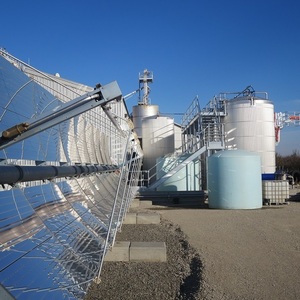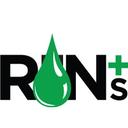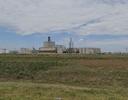Biodico completes resource assessment of Zero Net Energy Farm

Photo: Biodico Inc.
November 16, 2016
BY Biodico Inc.
Biodiesel producer Biodico Inc. announced Nov. 16 that it has completed its resource assessment to support the next stage of development for its “Zero Net Energy Farm” project, which is funded in part by the California Energy Commission to create environmentally sound energy solutions for the state’s agricultural industry.
Based on the results, Biodico will proceed with the building of the first-of-its-kind Zero Net Energy Farm to generate all electrical and heating power needs from on-site renewable resources, including solar, wind and biomass. The project will provide a template for introducing Biodico’s ZNEF technology to other regions throughout the country and on a global scale.
“We are making excellent progress with the development of our ZNEF facility in the San Joaquin Valley,” said Biodico Founder and President Russ Teall. “The goal is to use the site’s design as a replicable model that would apply to a multitude of settings in need of a customizable yet practical solution for energy self-reliance. The viability of our project is based on an economical solution that would improve energy security, decrease air pollutants and stimulate job creation.”
Advertisement
Preliminary results of Biodico’s resource assessment were recently presented to the San Joaquin Valley Clean Energy Cluster, a consortium of clean energy entrepreneurs based at California State University, Fresno. Members of the Energy Cluster toured Biodico’s ZNEF site, as well as participated in a poll that further validated the need and interest for technologies demonstrated by the ZNEF project.
“Fostering greater awareness of this project will take us to the next level of investing in California’s renewable future, and projects such as Biodico’s Zero Net Energy Farm is not only going to be great for California, but the country as a whole,” said Nick Gera, project coordinator of the Clean Energy Cluster. “The nation’s eyes are on California, and we are very excited that the next energy revolution is happening right here in the Central Valley.”
Advertisement
Related Stories
Biodiesel capacity in the U.S. and Canada dipped slightly stable in 2024, with several renewable diesel producers reporting headwinds and lower margins alongside a drove of SAF projects in various stages of development.
The IEA’s Task 39 group has new research regarding the development and status of the sustainable aviation fuel industry.
The U.S. EPA on Nov. 16 released updated RIN data, reporting that nearly 2.11 billion RINs were generated under the RFS in October, up from 1.81 billion generated during the same month of last year.
Conestoga to host SAFFiRE cellulosic ethanol pilot plant
Conestoga Energy and SAFFiRE Renewables LLC announced on Nov. 16 their agreement for Conestoga to host SAFFiRE’s cellulosic ethanol pilot plant at Conestoga’s Arkalon Energy ethanol facility in Liberal, Kansas.
Officials at Calumet Specialty Products Partners L.P. discussed the company’s proposed plans to boost sustainable aviation fuel (SAF) production at its Montana Renewables biorefinery during third quarter earnings call, held Nov. 9.
Upcoming Events










